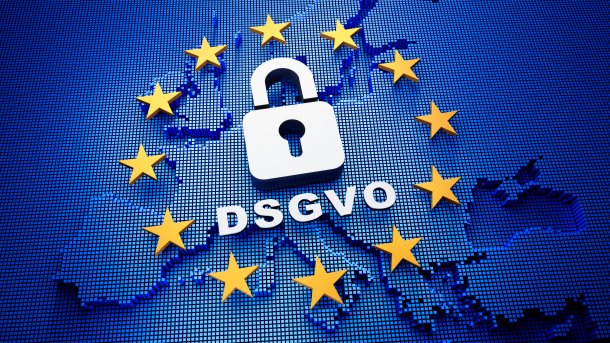If there’s one thing the Federal Bureau of Investigation does well, it’s mass surveillance. Several years ago, then attorney general William Barr established an internal office to curb the FBI’s abuse of one controversial surveillance law. But recently, the FBI’s long-time hater (and, ironically, current director) Kash Patel shut down the watchdog group with no explanation.
On Tuesday, the New York Times reported that Patel suddenly closed the Office of Internal Auditing that Barr created in 2020. The office’s leader, Cindy Hall, abruptly retired. People familiar with the matter told the outlet that the closure of the aforementioned watchdog group alongside the Office of Integrity and Compliance are part of internal reorganization. Sources also reportedly said that Hall was trying to expand the office’s work, but her attempts to onboard new employees were stopped by the Trump administration’s hiring freezes.
The Office of Internal Auditing was a response to controversy surrounding the FBI’s use of Section 702 of the Foreign Intelligence Surveillance Act. The 2008 law primarily addresses surveillance of non-Americans abroad. However, Jeramie Scott, senior counselor at the Electronic Privacy Information Center, told Gizmodo via email that the FBI “has repeatedly abused its ability to search Americans’ communications ‘incidentally’ collected under Section 702” to conduct warrantless spying.
Patel has not released any official comment regarding his decision to close the office. But Elizabeth Goitein, senior director at the Brennan Center for Justice, told Gizmodo via email, “It is hard to square this move with Mr. Patel’s own stated concerns about the FBI’s use of Section 702.”
Last year, Congress reauthorized Section 702 despite mounting concerns over its misuses. Although Congress introduced some reforms, the updated legislation actually expanded the government’s surveillance capabilities. At the time, Patel slammed the law’s passage, stating that former FBI director Christopher Wray, who Patel once tried to sue, “was caught last year illegally using 702 collection methods against Americans 274,000 times.” (Per the New York Times, Patel is likely referencing a declassified 2023 opinion by the FISA court that used the Office of Internal Auditing’s findings to determine the FBI made 278,000 bad queries over several years.)
According to Goitein, the office has “played a key role in exposing FBI abuses of Section 702, including warrantless searches for the communication of members of Congress, judges, and protesters.” And ironically, Patel inadvertently drove its creation after attacking the FBI’s FISA applications to wiretap a former Trump campaign advisor in 2018 while investigating potential Russian election interference. Trump and his supporters used Patel’s attacks to push their own narrative dismissing any concerns. Last year, former representative Devin Nunes, who is now CEO of Truth Social, said Patel was “instrumental” to uncovering the “hoax and finding evidence of government malfeasance.”
Although Patel mostly peddled conspiracies, the Justice Department conducted a probe into the FBI’s investigation that raised concerns over “basic and fundamental errors” it committed. In response, Barr created the Office of Internal Auditing, stating, “What happened to the Trump presidential campaign and his subsequent Administration after the President was duly elected by the American people must never happen again.”
But since taking office, Patel has changed his tune about FISA. During his confirmation hearing, Patel referred to Section 702 as a “critical tool” and said, “I’m proud of the reforms that have been implemented and I’m proud to work with Congress moving forward to implement more.” However, reforms don’t mean much by themselves. As Goitein noted, “Without a separate office dedicated to surveillance compliance, [the FBI’s] abuses could go unreported and unchecked.”
[…]


